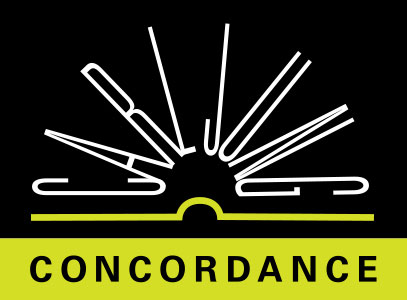The ass and the tree are evidently related, because they both represent the power of life, procreation, and healing:
This is a truly primitive equation: both are or have mana. The Arabic alchemists likewise obtain their prima materia from the tree in the western land. We read in the book of Abu'l Qasim:
CW12 ¶ 537This prime matter which is proper for the form of the Elixir is taken from a single tree which grows in the lands of the West.And this tree grows on the surface of the ocean as plants grow on the surface of the earth. This is the tree of which whosoever eats, man and jinn obey him; it is also the tree of which Adam (peace be upon him!) was forbidden to eat, and when he ate thereof he was transformed from his angelic form to human form. And this tree may be changed into every animal shape ( Holmyard, Kitab al-'ilm, p. 23. )
THE MONSTER AND THE TREE
The monster and the tree both stand for the elixir, the alexipharmic, and the panacea. The tree's peculiar power to change into any animal shape is also attributed to Mercurius (fig. 257)
CW12 ¶ 538Transformations of Mercurius
The Melusina (Lilith) on the tree is Sapientia.“Ripley Scrowle” (MS., 1588)
THE ASS
The ass is a daemon triunus, a chthonic trinity, which is portrayed in Latin alchemy as a three-headed monster and identified with Mercurius, salt and sulphur. The classical rumour about the worship of an ass in the Temple of Jerusalem, and the graffito on the Palatine showing a mock crucifixion, I will mention only in passing; likewise the saturnine aspect of Jehovah and Ialdabaoth as demiurges, which brings these figures into conjunction with the equally saturnine prima materia
CW12 ¶ 539LION AND UNICORN
In the Chymical Wedding, as in the royal arms of England, lion and unicorn are combined (fig. 258) ; both are symbols of Mercurius in alchemy, just as they are allegories of Christ in the Church. Lion and unicorn stand for the inner tension of opposites in Mercurius. The lion, being a dangerous animal, is akin to the dragon; the dragon must be slain and the lion at least have his paws cut off
CW12 ¶ 547Unicorn and Lion
From the tapestry La Dame à la Licorne (16th cent.). Musée de Cluny, Paris
THE UNICORN
The unicorn too must be tamed; as a monster he has a higher symbolical significance and is of a more spiritual nature than the lion, but as Ripley shows, the lion can sometimes take the place of the unicorn. The two gigantic beings, Og and the unicorn, are reminiscent of Behemoth and Leviathan, the two manifestations of Jehovah. All four of them, as also the unicorned ass of the Bundahish, are personifications of the daemonic forces of nature. The power of God reveals itself not only in the spirit of man, but in the fierce animality of nature both in man and outside him. God is ambivalent so long as man is bound to nature
CW12 ¶ 547GOD AS THE
The uncompromising Christian interpretation of God as the summum bonum obviously goes against nature; hence the secret paganism of alchemy comes out in the ambivalent figure of Mercurius. By contrast, the androgyny of Christ is conceived as exclusively spiritual and symbolic, and therefore outside the natural context. On the other hand the very existence of a counterpart, “the Lord of this world,” betrays the polarity of God as shown in the androgynous nature of the Son in whom he is manifest
CW12 ¶ 547